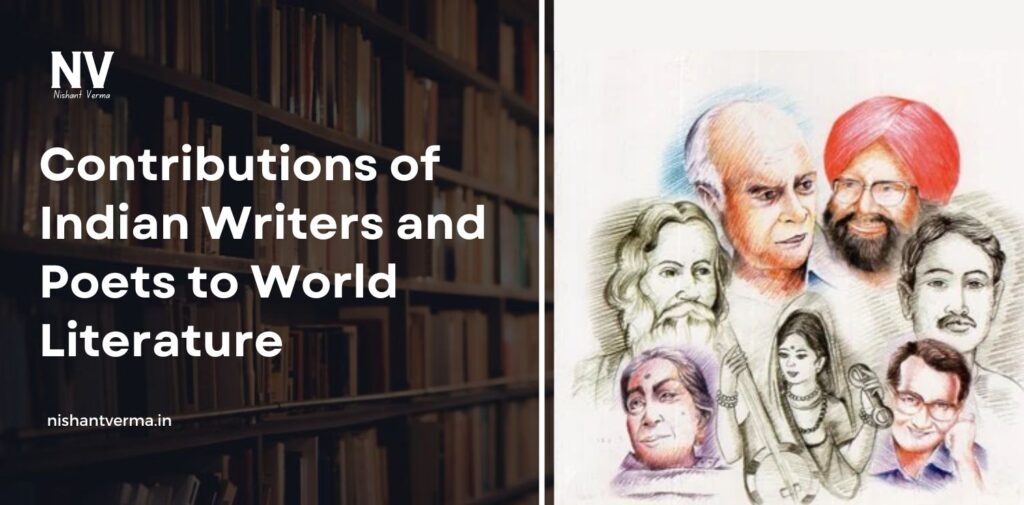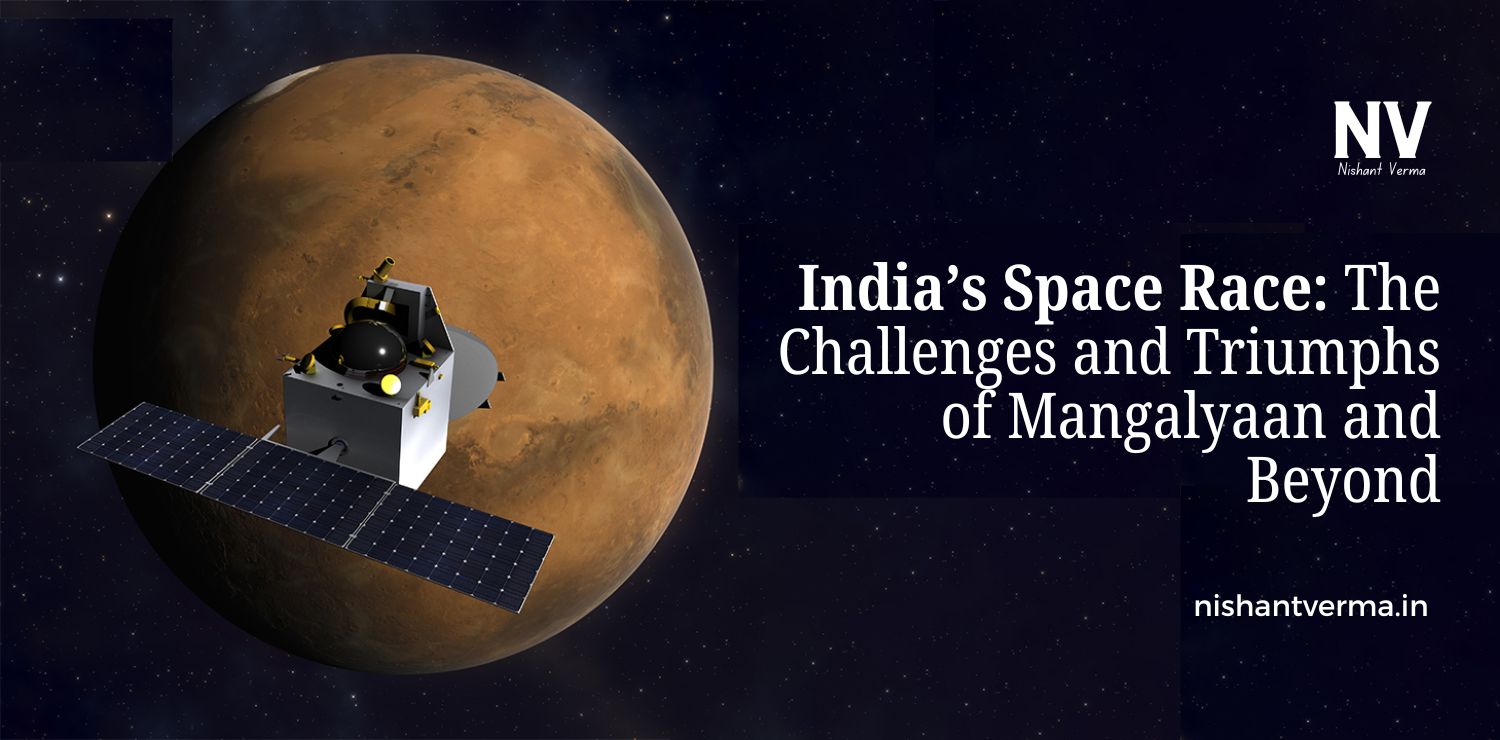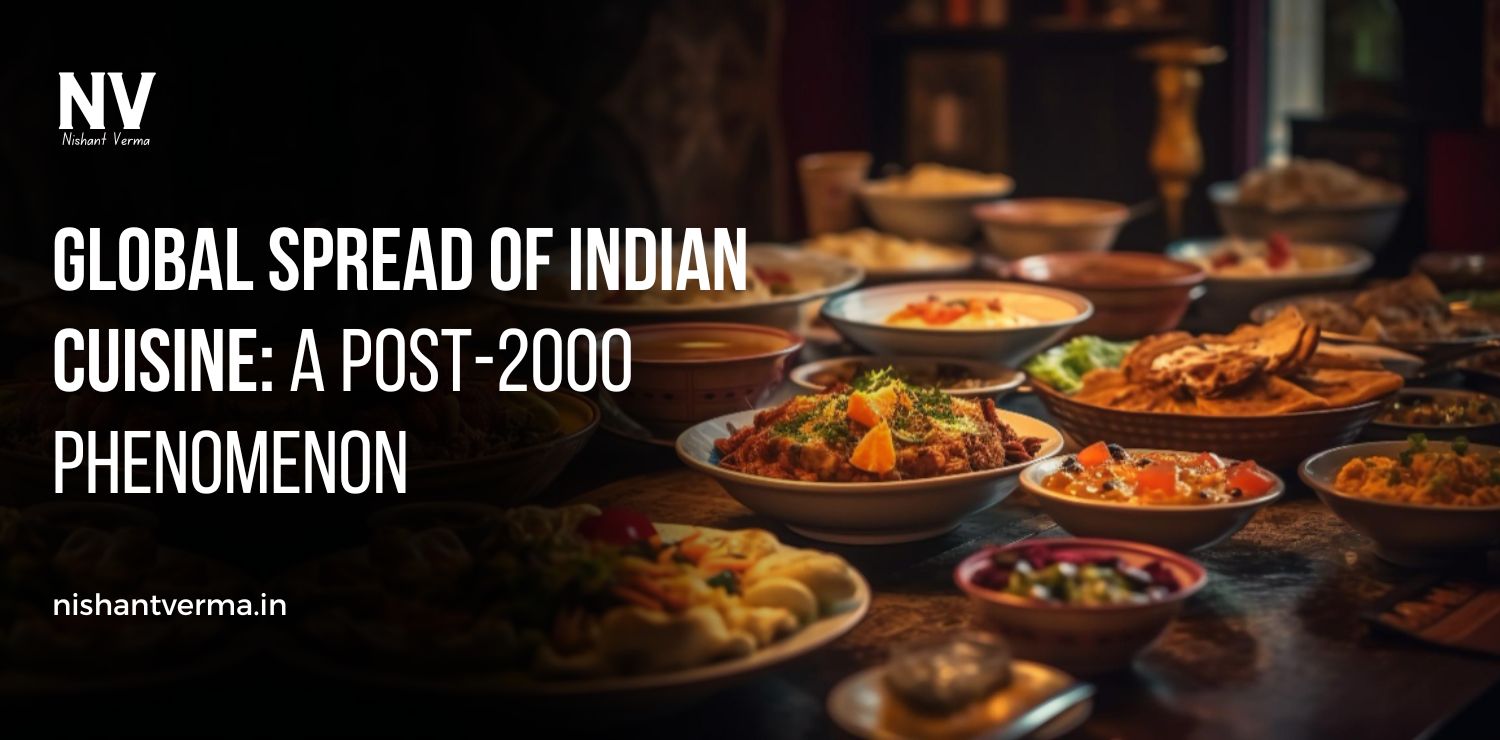India, with its rich cultural heritage and long history, has made significant contributions to world literature. From ancient epics to modern poetry, Indian writers and poets have been at the forefront of literary creativity, influencing generations of readers and writers across the globe. Their works explore deep philosophical questions, celebrate human emotions, and offer timeless insights into life. This article highlights the remarkable contributions of Indian writers and poets to world literature.
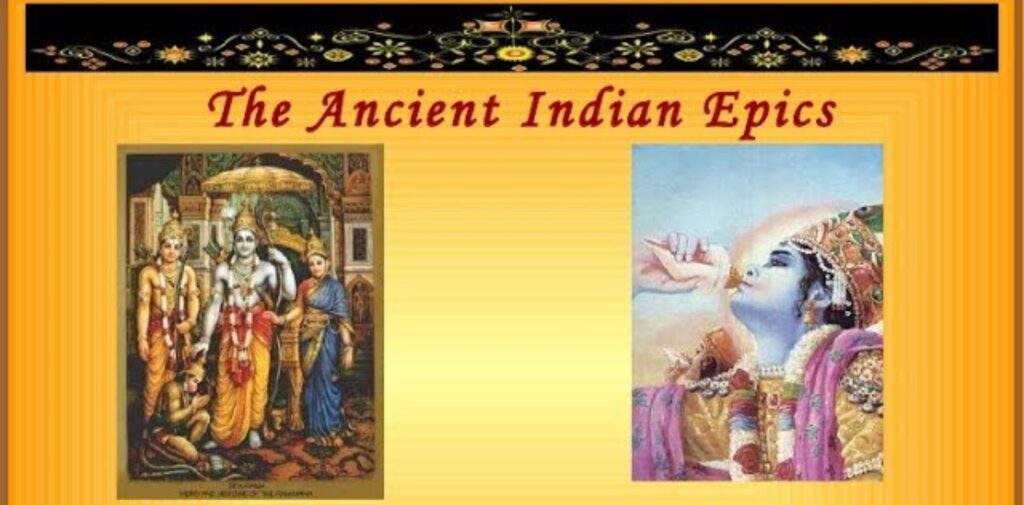
The Ancient Literary Legacy: The Epics of India
India’s contribution to world literature dates back thousands of years, with some of the earliest and most influential works being the epics—the Mahabharata and the Ramayana. These ancient texts not only shaped Indian culture and thought but also had a profound impact on literature worldwide.
The Mahabharata
The Mahabharata, written by the sage Vyasa, is one of the longest epic poems in the world. It is more than just a story of war between two families; it is a vast, philosophical text that explores concepts like duty, righteousness, and justice. The Bhagavad Gita, a part of the Mahabharata, has been translated into many languages and remains a crucial philosophical text that continues to inspire readers around the world. The Mahabharata influenced countless literary traditions, offering themes of human conflict, morality, and the complexities of life.
The Ramayana
The Ramayana, written by the sage Valmiki, tells the story of Lord Rama’s journey to rescue his wife Sita from the demon king Ravana. It is not only an adventure tale but also a guide to living a righteous life. The Ramayana has been retold in many forms in various cultures, including Southeast Asia, and its impact can be seen in plays, dance, and oral traditions worldwide. It teaches values of loyalty, duty, and honor and remains a timeless work of literature.
Classical Poetry: The Works of Kalidasa and Others
Ancient Indian poets like Kalidasa have enriched world literature with their beautiful and profound works. Kalidasa is often considered the greatest of Sanskrit poets, and his influence extends far beyond the borders of India.
Kalidasa: The Master of Poetry
Kalidasa’s most famous work, Shakuntala, is a poignant love story that has been translated into numerous languages. The play, which depicts the story of Shakuntala and King Dushyanta, explores themes of love, separation, and destiny. His poetry is celebrated for its vivid imagery and deep emotional resonance. Kalidasa’s Meghaduta (The Cloud Messenger) is another famous poem that blends nature with human emotions, creating a unique literary experience. Kalidasa’s influence can be seen in the works of poets and playwrights in the West, where his thematic focus on love, nature, and fate resonates with readers even today.
Other Classical Poets
Along with Kalidasa, other poets and playwrights like Bhasa, Bhavabhuti, and Banabhatta made their mark on Indian literature. Bhasa’s plays, such as Svapnavasavadatta (The Dream of Vasavadatta), are considered masterpieces of ancient drama. His work influenced the development of Indian theatre and continues to inspire modern playwrights. Bhavabhuti’s Uttara Rama Charita (The Life of Rama) is another notable work that delves into the complexities of human emotions and relationships.
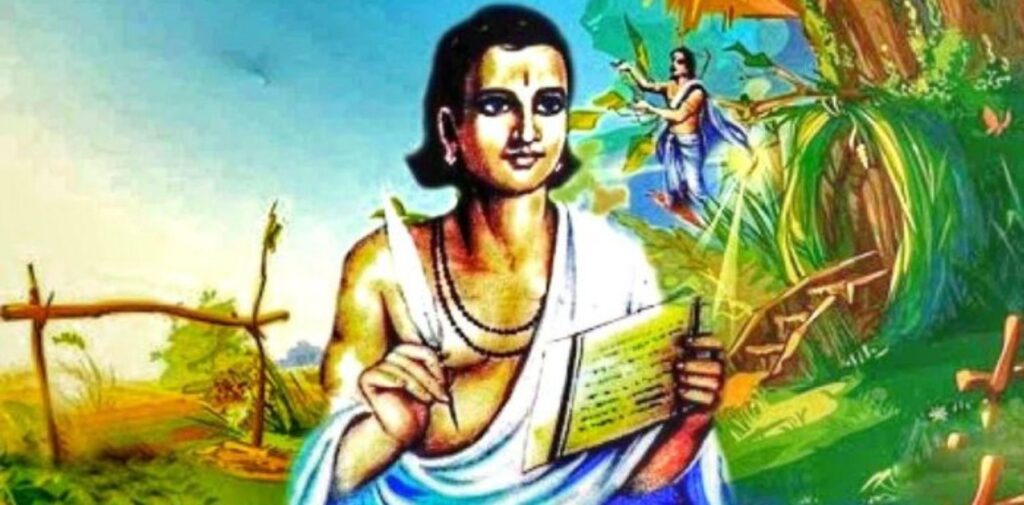
Medieval Literature: Bhakti Poets and Sufi Mysticism
The medieval period in India saw the rise of devotional literature, particularly through the Bhakti movement, which emphasized devotion to God and the rejection of ritualism. This period also saw the influence of Sufi mysticism, bringing together spiritual and poetic traditions that would shape the future of Indian and world literature.
Kabir: The Mystic Poet
Kabir, a 15th-century poet, is one of the most celebrated figures in Indian literature. His poems, filled with wisdom and spirituality, challenged the rigid religious practices of his time. Kabir’s verses are simple but profound, calling for a direct, personal connection with God. His poetry transcended both Hinduism and Islam, offering a universal message of unity and spiritual awakening. Kabir’s works have been translated into various languages and continue to inspire readers around the world.
Mirabai: The Devotional Poetess
Mirabai, a Rajput princess, is another prominent figure in medieval Indian literature. A devout follower of Lord Krishna, she composed countless devotional poems expressing her love and devotion for the divine. Her work is characterized by deep emotion and an unwavering commitment to spirituality. Mirabai’s poems have been celebrated for their lyrical beauty and their focus on personal devotion, and they remain an important part of India’s literary tradition.
Sufi Poets
In addition to the Bhakti poets, Sufi mystics such as Rumi and Bulleh Shah also influenced the poetic traditions of India. Sufi poetry emphasizes love, longing, and the search for divine truth. The works of these poets have been widely read across the world, and their messages of love and unity have resonated deeply with readers, particularly in the West.
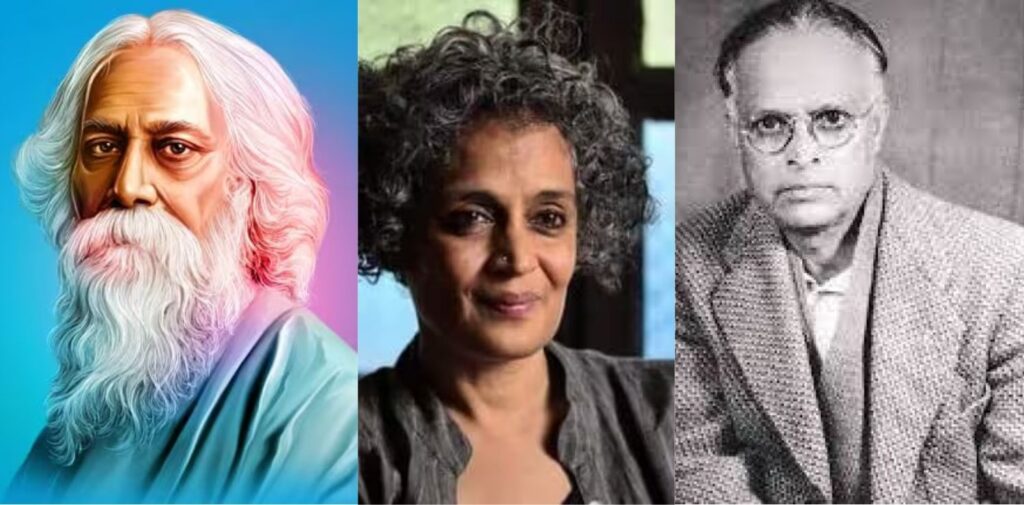
Modern Indian Literature: Writers and Poets Who Changed the World
In the modern era, Indian writers and poets have continued to make significant contributions to world literature, addressing contemporary issues such as colonialism, independence, identity, and social justice.
Rabindranath Tagore: The Poet of the World
Rabindranath Tagore is perhaps the most internationally recognized Indian writer and poet. In 1913, Tagore became the first non-European to win the Nobel Prize for Literature. His collection of poems, Gitanjali (Song Offerings), is a masterpiece that explores spirituality, human existence, and the divine. Tagore’s poetry, while deeply rooted in Indian culture, transcends national boundaries. He also contributed to the development of modern Bengali literature and was a pioneer in the fields of music and art. Tagore’s works have been translated into numerous languages and continue to inspire people around the world.
R. K. Narayan: The Storyteller
R. K. Narayan, one of India’s most famous novelists, is known for his simple, yet profound storytelling. His fictional town of Malgudi, which serves as the setting for many of his novels, has become iconic in Indian literature. Books like Swami and Friends and The Guide offer a window into Indian society, exploring themes of human nature, morality, and the struggles of everyday life. Narayan’s works have been widely translated and adapted into television shows and films, making him one of the most influential Indian authors of the 20th century.
Arundhati Roy: A Voice for the Marginalized
Arundhati Roy’s novel The God of Small Things, which won the Booker Prize in 1997, brought her international acclaim. The novel explores the intricacies of family dynamics, caste, and politics in post-colonial India. Roy’s work has not only earned her a place in global literature but also made her a vocal advocate for social and political issues, including environmental justice, human rights, and the rights of indigenous communities. Her writing continues to engage readers in conversations about the complexities of contemporary India and the world.
Conclusion: Indian Writers and Poets
Indian writers and poets have made lasting contributions to world literature, offering diverse perspectives on human nature, spirituality, and society. From the ancient epics of the Mahabharata and Ramayana to the modern works of Rabindranath Tagore, R. K. Narayan, and Arundhati Roy, Indian literary figures have enriched global culture and thought. Their works transcend time, offering wisdom and insights that continue to inspire and challenge readers around the world. Through their stories, poems, and essays, Indian writers have demonstrated the power of literature to unite people, provoke thought, and influence change, cementing India’s place in the world literary tradition.

